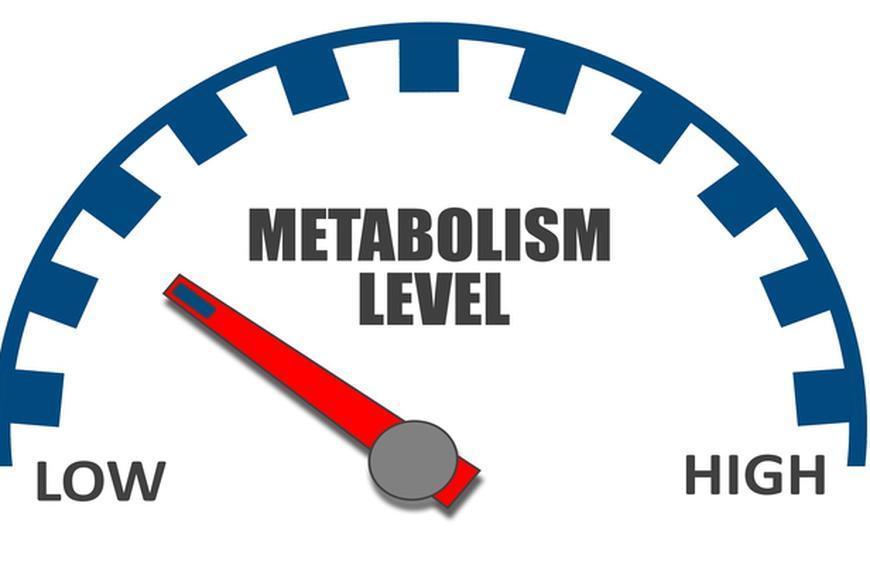Does losing weight or over-dieting slow down your metabolism? Yes
Metabolic adaptation is the process by which the body alters how efficient it is at turning the food you eat into energy. It is an evolutionary biological process in response to starvation which when we look at it through the prism of our prehistoric ancestors, makes a lot of sense! If food was abundant this meant starvation was unlikely and therefore there was no need for the body to store calories as fat for later use. In times of famine, it was essential for one’s metabolism to be extremely efficient and only use a minimal amount of calories to maintain biological homeostasis and the rest must be stored as fat for later use to prevent starvation.
In modern times, dieting is the closet we’ll ever get to famine. This is why your body recognises this net decrease in calories from dieting and perceives it as starvation. When this occurs your metabolism adapts and the total amount of calories you burn per day decreases as your body becomes more calorically efficient. This is why an individual can maintain a caloric deficit for weeks, lose weight then plateau while eating the same amount of calories.
In the fitness industry, this type of phenomena has often been associated with the term ‘metabolic damage’ but the main difference between metabolic damage and adaptation is that “damage” suggests that there is an irreversible issue whereas adaptation indicates the body is making an adjustment. Despite what you may have heard – no, losing weight does not “damage” your metabolism!
However constantly I see women trying to maintain a calorie deficit all year around. Again the issue here is your metabolism adjusts to the lower calories and slows down. Then they go on holidays or out for a big weekend overeat and drink then have a large weight gain on the Monday or after holidays.
To help stop the metabolism from slowing down it’s important to not diet for too long 8-12 weeks maximum. Include diet breaks or refereed days which are periods of 2-7 days where you eat at maintenance calories to offset the negative adaptions that may occur. You shouldn’t be dieting all year round, even if you’re trying to lose weight you should be spending the majority of year at maintenance calories while having 2-3 dieting periods throughout the year.

Leave A Comment